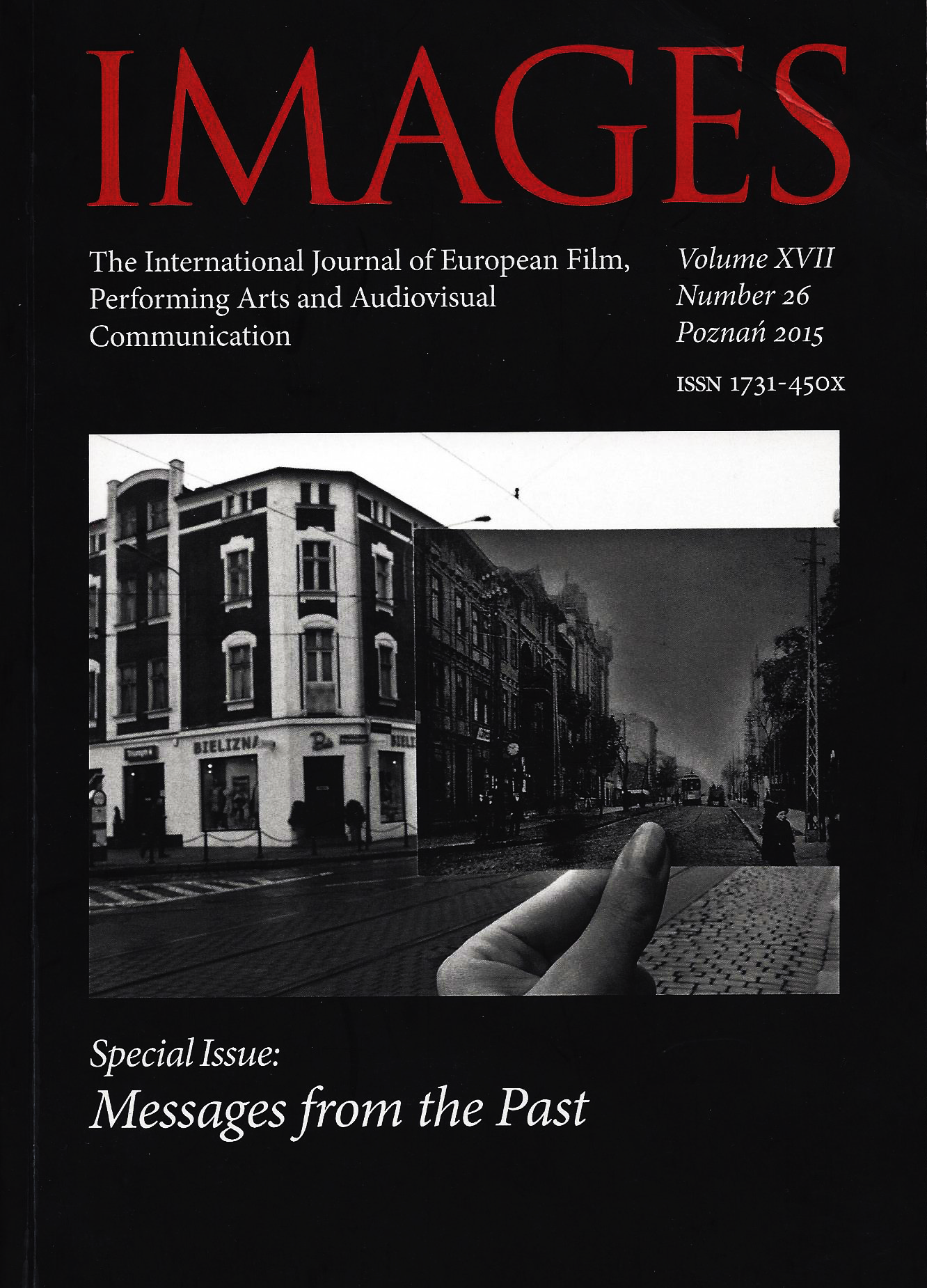Inside Job. First-person Documentary in Trauma Cinema: Balkan Champion (2006)
Inside Job. First-person Documentary in Trauma Cinema: Balkan Champion (2006)
Author(s): Lóránt StőhrSubject(s): Behaviorism, Social Theory, Nationalism Studies, Film / Cinema / Cinematography, Sociology of Art
Published by: Uniwersytet Adama Mickiewicza
Keywords: trauma; first-person documentary; interethnic conflicts; Hungarian cinema;
Summary/Abstract: Owing to the disappearance of grand narratives in postmodernism, contemporary documentary has become concerned with personal and collective historical traumas. This paper focuses on the documentary filmmaker’s challenge concerning the treatment of traumatic experience and the reconstruction of historical events. It examines the filmmaker’s position in her own film and her attitude towards her subjects in documentaries on historical and personal trauma in the framework of a case study. The film analysed is Balkan Champion (2006), which launched a new trend in Hungarian documentary cinema, touching on sensitive issues in the collective memory of the nation that include the striking, controversial involvement of the filmmaker herself. Réka Kincses has made an emphatic but highly critical portrait of her own father, the one-time political leader of the Hungarian ethnic minority in Romania, which evolved into a portrait of the interethnic conflicts between Romanians and Hungarians, and the political conflicts arising from the Eastern European transition from communist dictatorship to democracy, as well as their traumatic consequences on the life of an ethnic Hungarian family in Romania. The filmmaker not only confronts her father with his own failure both as a politician and a father, but also challenges her mother’s chauvinism and careerism. The parents’ opinion about and emotional reactions to the Romanian ethnic majority represent the long-term effect of the historical trauma of the treaty of Versailles (1921) and the wounds this left on the collective psyche of the Hungarian nation. A close analysis demonstrates that, on the one hand, the filmmaker’s first-person interactive techniques helped to reveal the repeated ideological, behavioral and emotional patterns rooted in the historical traumas of Hungarian ethnic minority groups in Romania; on the other hand, these techniques prove to be controversial due to the director’s constant shifting between positions outside and inside her own family and her refusal to take the responsibility that the inside position would involve.
Journal: Images. The International Journal of European Film, Performing Arts and Audiovisual Communication
- Issue Year: 15/2014
- Issue No: 24
- Page Range: 5-18
- Page Count: 14
- Language: English

